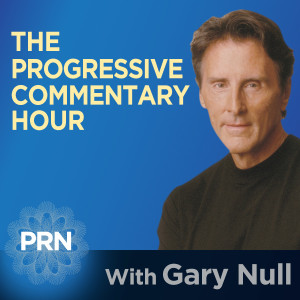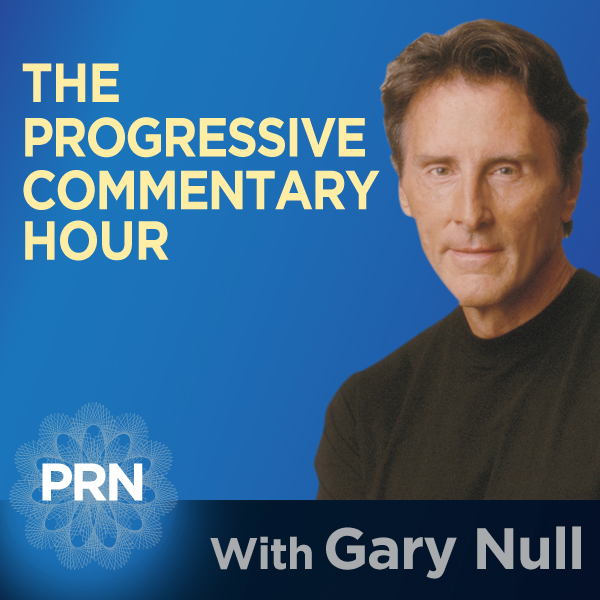Episodes

Wednesday Jan 11, 2017
Progressive Commentary Hour - 01.10.17
Wednesday Jan 11, 2017
Wednesday Jan 11, 2017
On Tonight's Progressive Commentary Hour Gary Null gives a long powerful commentary on Yemin and the American perception in the genocide. Gary Null also plays a long audio clip on Confessions of an Economic Hitman - John Perkins. According to Perkins, he began writing Confessions of an Economic Hit Man in the 1980s, but "threats or bribes always convinced [him] to stop." According to his book, Perkins' function was to convince the political and financial leadership of underdeveloped countries to accept enormous development loans from institutions like the World Bank and USAID. Saddled with debts they could not hope to pay, those countries were forced to acquiesce to political pressure from the United States on a variety of issues. Perkins argues in his book that developing nations were effectively neutralized politically, had their wealth gaps driven wider and economies crippled in the long run. In this capacity Perkins recounts his meetings with some prominent individuals, including Graham Greene and Omar Torrijos. Perkins describes the role of an EHM as follows:
Economic Hit Man (EHMs) are highly paid professionals who cheat countries around the globe out of trillions of dollars. They funnel money from the World Bank, the U.S. Agency for International Development (USAID), and other foreign "aid" organizations into the coffers of huge corporations and the pockets of a few wealthy families who control the planet's natural resources. Their tools included fraudulent financial reports, rigged elections, payoffs, extortion, sex, and murder. They play a game as old as empire, but one that has taken on new and terrifying dimensions during this time of globalization.
Perkins charges that the proposed conditions for this debt forgiveness require countries to privatise their health, education, electric, water and other public services. Those countries would also have to discontinue subsidies and trade restrictions that support local business, but accept the continued subsidization of certain G8 businesses by the US and other G8 countries, and the erection of trade barriers on imports that threaten G8 industries.
In the book, Perkins repeatedly denies the existence of a "conspiracy." Instead, Perkins carefully discusses the role of corporatocracy.


No comments yet. Be the first to say something!